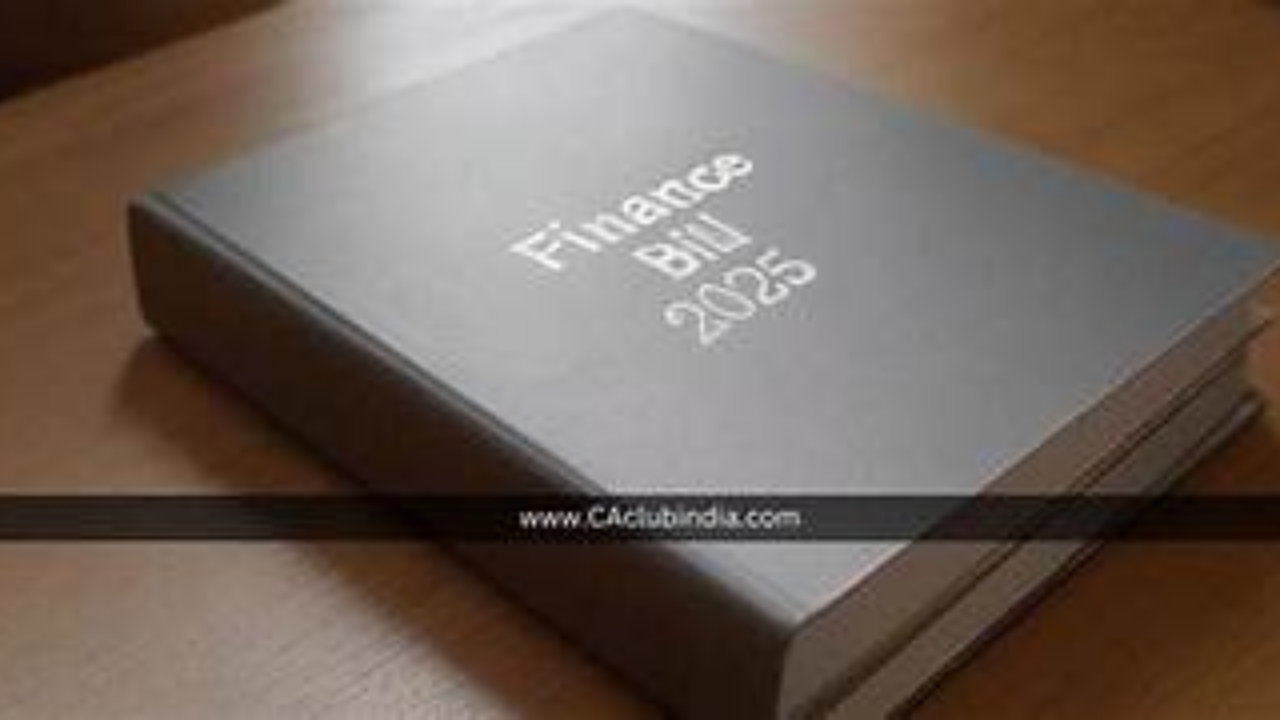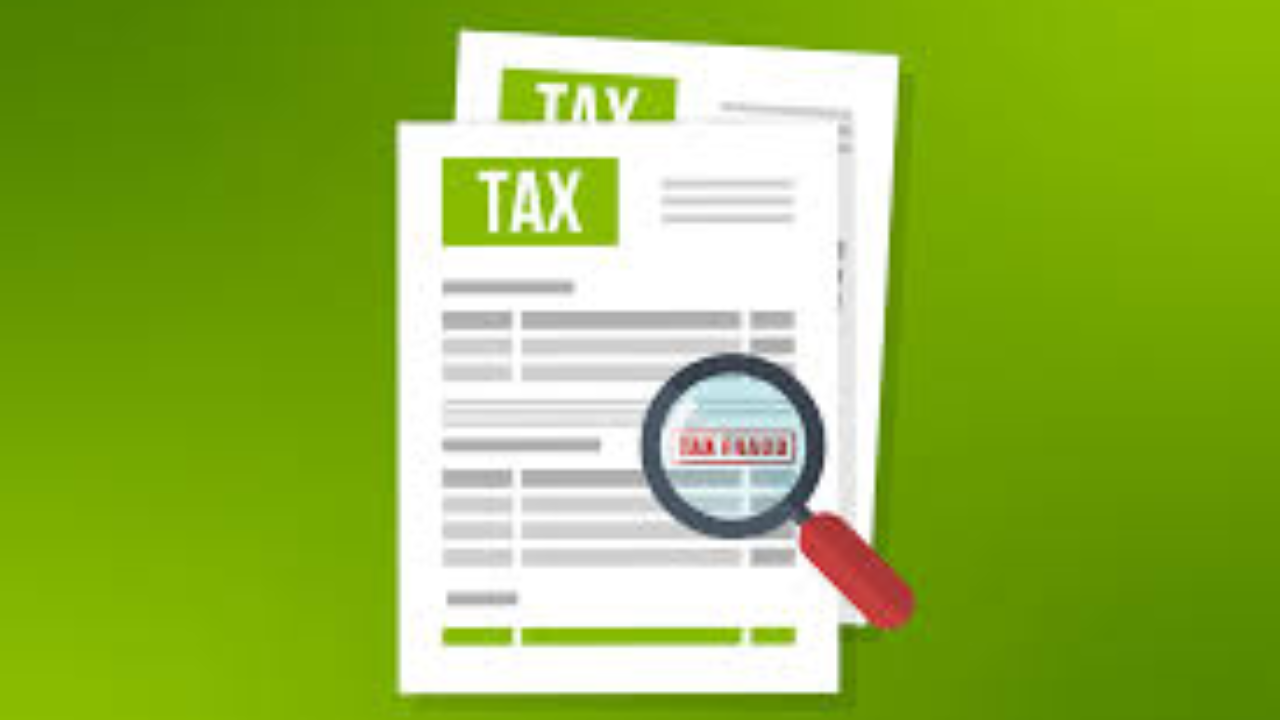Key Changes for Corporates
Thank you for reading this post, don't forget to subscribe!The new bill introduces several important updates for corporate taxpayers:
- Deductions for New Tax Regime: Companies opting for the new tax regime are now eligible for deductions under Section 80M (Clause 148), a change that extends benefits to more businesses.
- Minimum and Alternate Minimum Tax: The bill formally separates the provisions for Minimum Alternate Tax (MAT) and Alternate Minimum Tax (AMT) under a new Section 206. Notably, AMT will now only apply to non-corporates that claim deductions. This change exempts LLPs with only capital gains income (and no other deductions) from AMT.
- Focus on ‘Income’: The bill shifts its approach from “receipt” to “income,” bringing it in line with modern accounting principles.
Key Changes for Professionals
Professionals will also see significant adjustments aimed at streamlining compliance and embracing the digital economy:
- Mandatory Digital Payments: To support the digital economy, the bill adds “profession” to existing provisions, mandating electronic payment modes for professionals whose receipts exceed ₹50 crore.
- Flexible Refund Claims: The bill allows for refund claims even if returns are not filed on time by omitting Clause 263(1)(ix), offering more flexibility to taxpayers.
- Pension and Gratuity: Deductions for commuted pension and gratuity for family members have been officially codified under Clause 93, providing clearer guidance on these benefits.
Other Notable Changes
- Losses: While the provisions for carrying forward and setting off losses have been re-drafted for clarity, their core substance remains unchanged.
- TDS Corrections: The time limit for filing TDS correction statements has been sharply reduced from six years to two years.
- Non-profits: Capital gains reinvested by non-profits now qualify as an application of income. Additionally, the bill addresses shortfalls in the 85% income application rule due to delayed receipts by allowing them to be deferred to the year the income is actually received.

















